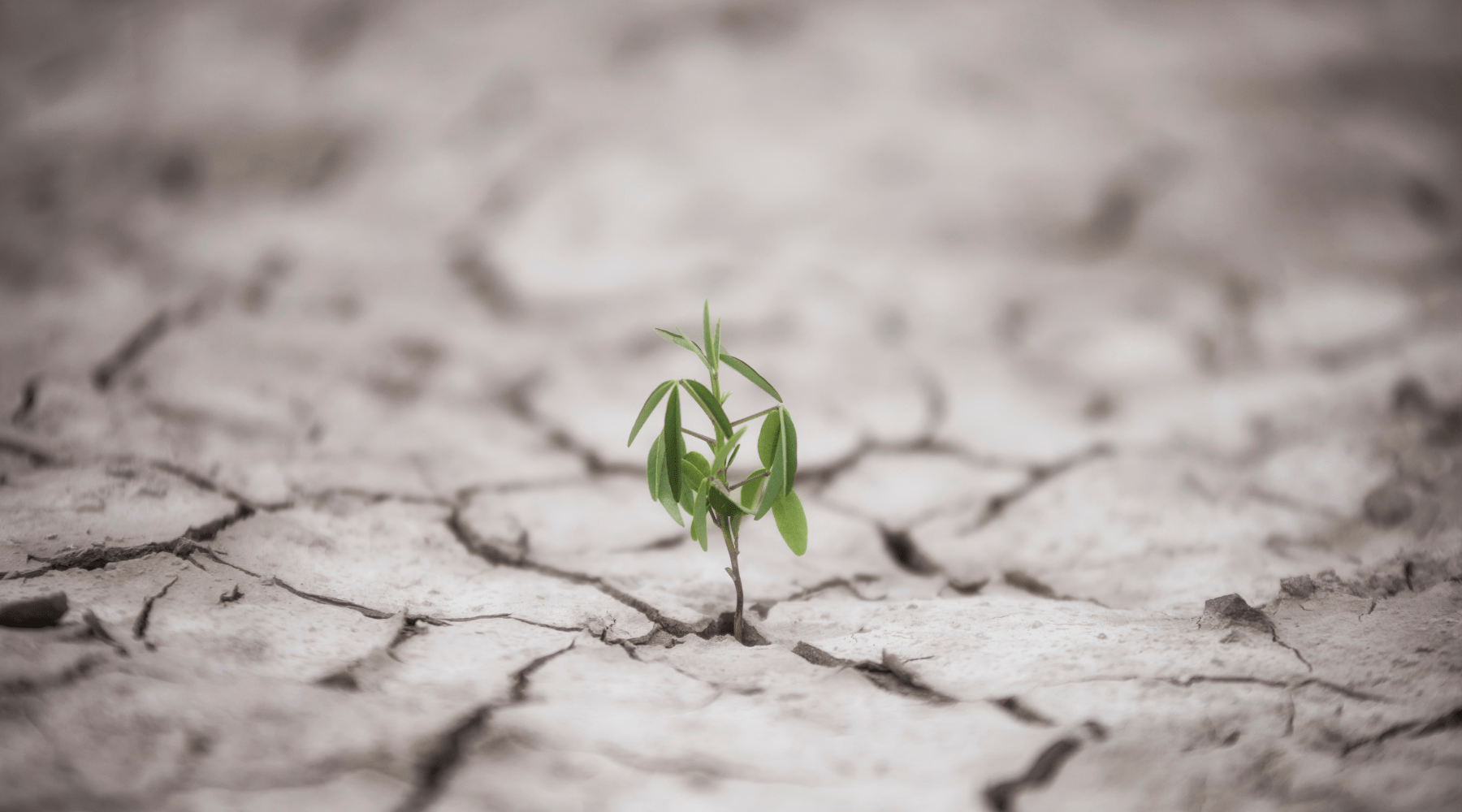Welcome to Win Your Week - our weekly blog on all things motivation, mindfulness, life hacks and more!
Have you ever wondered why two people presented with similar difficulties seem to handle the situation differently? While individual differences and circumstances are major contributors, how different people encounter hardships can also be attributed to their resilience.
Resilience is our ability to adapt to misfortunes and setbacks.
Not sure if you're resilient?
Think about when things go wrong in your life. Do you tend to bounce back or fall apart?
Resilience Defined
People high in resilience remain hopeful and utilise their inner strength to rebound from challenges, such as a job loss, illness, death of a loved one, relationship breakdowns, and disasters. Those high in resilience still experience anger, grief, and pain when faced with stressors and adversity. The difference between individuals is that those high in resilience can regulate their emotions and recognise that these feelings are temporary and that they can "survive."
This does not mean simply enduring a difficult situation and figuring it out alone. An essential element of being resilient is the ability to reach out for support when it's needed.
Other characteristics of resilience also include:
- Feeling in control: Resilient people tend to feel that their actions can play a part in determining the outcome of events.
- Problem-solving skills: Resilient people look at situations rationally and try to come up with solutions that will make a difference.
- Self-compassion: Resilient people show self-acceptance and self-compassion, treating themselves with kindness, especially when things are hard.
On the contrary, those with less resilience tend to dwell on problems, become overwhelmed, and turn to unhealthy coping mechanisms.
While resilience is essential for dealing with challenges, it also has other health benefits, including being a protective factor against depression and anxiety and a useful coping mechanism against trauma and bullying.
If you tend to fall apart in a crisis the good news is resilience can be learnt and built up, so you too can reap the benefits of being resilient!
So, how do we improve our capacity to deal with adversities?
How to build resilience
Manage stress
Managing our stress levels and establishing productive coping strategies is a great place to start to become more resilient. We can manage our stress levels through practises like breathing exercises, journaling and positive thinking.
Seek support
One of the most important parts of being resilient is the ability to seek support and confide in others. While talking about our difficulties doesn’t eliminate them, simply sharing with a supportive loved one can make us feel like ‘we have someone in our corner’.
Discussing and externalising things with others can also help us gain insight on the challenges we are facing, or come up with new ideas for managing them.
Focus on what is within our control
When faced with a crisis, it us so easy to get overwhelmed by things that feel far beyond our control. It can be helpful to focus on what we can control and impact. Taking realistic steps towards fixing a problem, can help improve the situation. No matter how small these steps may be, they can improve your sense of control and resilience.
Over to you…
There are many different ways of coping with stress, and everyone is different so it’s about finding something that works for us as individuals. Once we find what works for us, we can have confidence knowing we can cope with tough situations.
Now, go ahead and win your week!









